 By Hannah Lizette S Manalili, ACCRA Law
By Hannah Lizette S Manalili, ACCRA Law
While the coronavirus disease (Covid-19) knows no nationality or race, most countries have taken the approach, among others, of closing their respective borders to prevent it from spreading. The Philippines, which is home to a multitude of foreign nationals with varied purposes for their stay, also adopted these measures.
Even prior to the implementation of local community lockdowns, the government already started closing the country’s borders to foreign nationals in an attempt to limit exposure given how fast the virus was spreading globally. Initially, inbound travel restrictions were only imposed on foreign nationals travelling from or had travel history, lay-over or connecting flights from countries with high number of identified cases.
As Covid-19 continued to increase in more countries and cases of local transmission were identified, the government adopted stricter measures by implementing lockdowns in varying degrees from Enhanced Community Quarantine (ECQ) to Modified Enhanced Community Quarantine (MECQ) to General Community Quarantine (GCQ). The coverage of inbound travel restrictions was then expanded to cover all foreign nationals regardless of country of origin and visa status as previously issued by the Philippine government, save for certain exceptions. Priority for entry and provision of quarantine facilities are accorded first to Filipino citizens, particularly repatriated Overseas Filipino Workers.
The temporary travel restrictions on inbound foreign nationals during the ECQ was issued by the Bureau of Immigration (BI) on March 20, 2020. This covers foreigners outside the country either with immigrant, non-immigrant or special visas, except for foreign spouses and children of Filipino nationals, accredited foreign government and international organisation officials and their dependents, and foreign airline crew. The Department of Foreign Affairs likewise suspended visa-free entry privileges and the issuance of tourist visas by its Philippine Foreign Service Posts and cancelled all previously issued tourist visas. On a favourable note, the said temporary suspension and cancellation of visas have no impact on foreign nationals who are already in the country.
On the other hand, foreign nationals are permitted to exit the country at any time even during the community quarantine. Despite the suspension of several immigration-related transactions pursuant to the BI Advisory dated March 19, 2020, the BI has continued to operate on a skeletal workforce to accommodate limited transactions with foreign nationals, particularly, those who intend to depart from the country.
While returning to their home country was a common reaction for those who fear experiencing the impact of the global pandemic away from home, a good number of foreign nationals have decided to remain in the country. Subject to certain conditions set by the government, most of them are currently employed by local companies and they may continue to stay and work legally in the country during the ECQ despite suspension of immigration-related transactions by the BI.
In acknowledgment of the uniqueness of the surrounding circumstances, the government granted certain concessions to foreign nationals whose visas expired during the ECQ. The BI has clarified in its Advisory dated March 26, 2020 that it will waive all fines and penalties, as long as the foreign nationals file their respective applications for extension within 30 days from the lifting of the ECQ. Pursuant to its Labor Advisory No. 16 and Department Order No. 213 Series of 2020, the Department of Labor and Employment will also accept applications for Alien Employment Permits without penalty if they are filed within 45 working days from the lifting of the ECQ or GCQ.
While the economy has been severely impacted by the closure or suspension of operations of various business establishments, there is now a conscious attempt to jumpstart the economy following the announcement of the President on May 12, 2020 that Metro Manila, Laguna province and Cebu City which were previously on ECQ will shift to MECQ starting May 16, 2020. Under the MECQ, certain businesses may now operate albeit in a limited capacity.
In line with this, the BI has now resumed its operations by accepting and processing applications for Special Work Permit (SWP), Provisional Work Permit (PWP), and updating of tourist visas in order to file the SWP or PWP pursuant to its latest Note with Recommendation dated May 15, 2020. With the resumption of the applications for SWPs and PWPs while inbound travel restrictions remain in effect, this means that local companies may only hire or renew the contracts of foreign nationals who are already in the country.
We are undeniably entering a “new normal” with the virus changing the way we live, as well as the way we do business. Filipinos may be well known for their hospitality, but the re-opening of our doors might have to wait until we can do so safely or until we can find an acceptable balance between the impact of the virus on the economy vis-a-vis public health. As we endure this uphill battle against an unseen and still seemingly evolving enemy, only one thing is for certain, we will need to always be on the lookout for the ever-changing landscape on the rules on immigration that come along.
______________________________
This article is for informational and educational purposes only. It is not offered and does not constitute legal advice or legal opinion.
Hannah Lizette S. Manalili is an Associate of the Immigration Department of the Angara Abello Concepcion Regala & Cruz Law Offices or ACCRALAW. She may be contacted through hsmanalili@accralaw.com or (632) 8830-8000.
______________________________
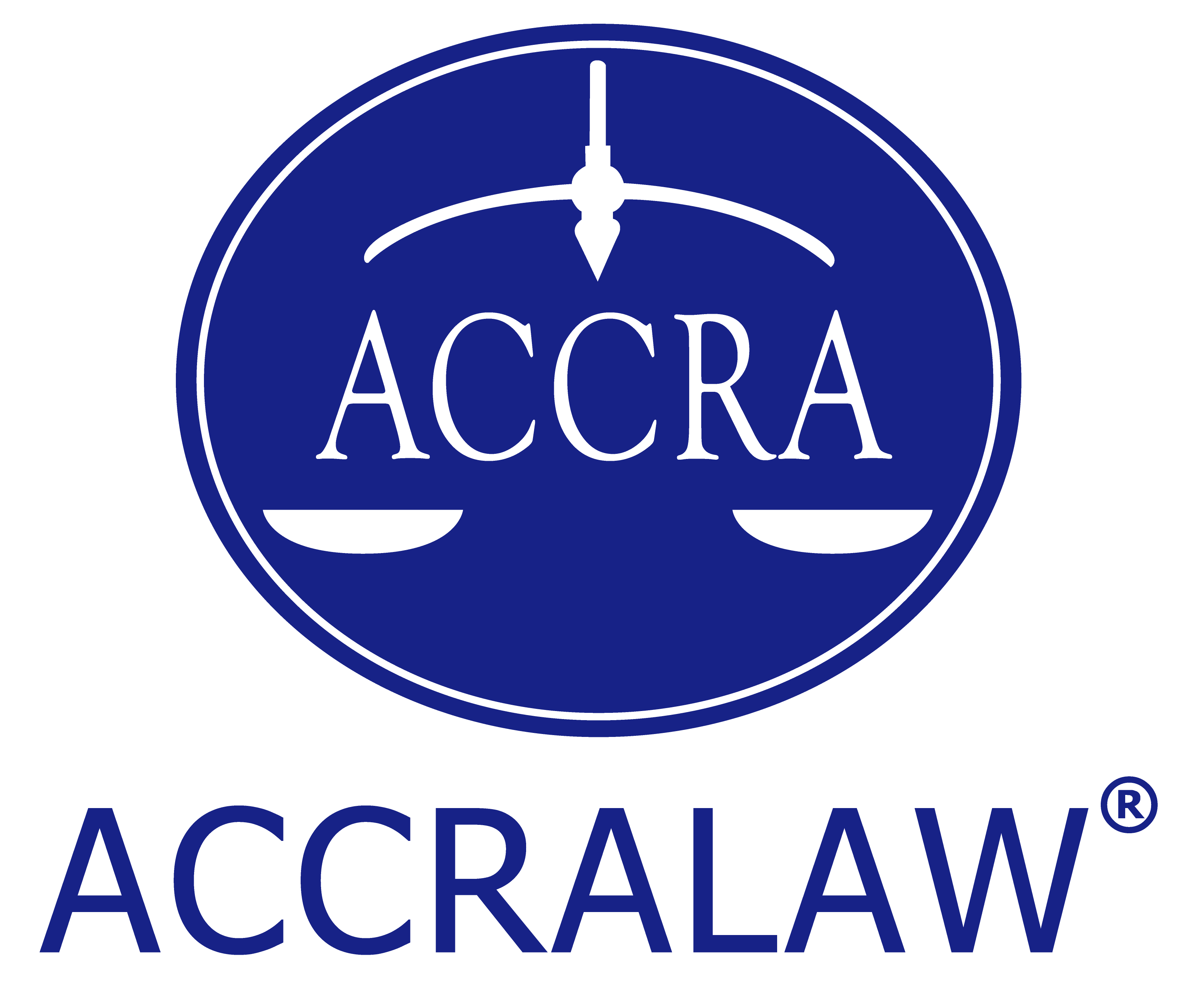
T: (632) 8830 8000



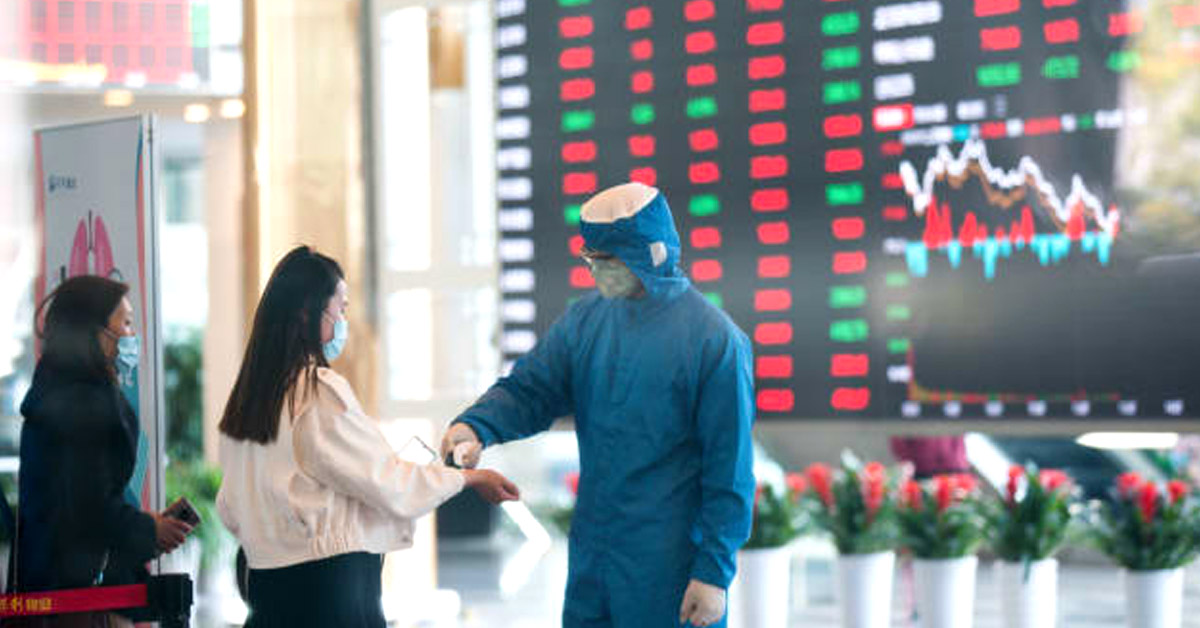

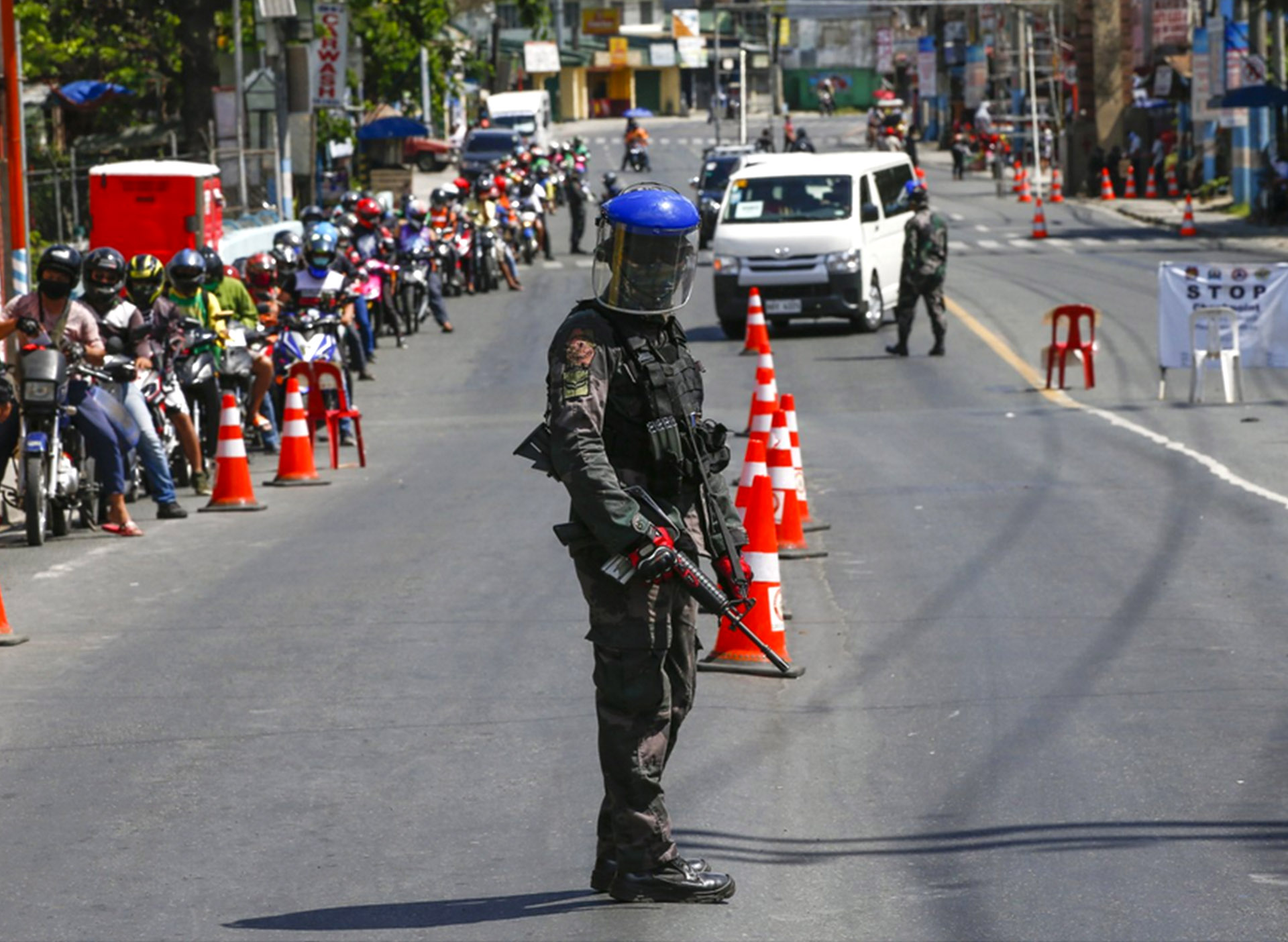







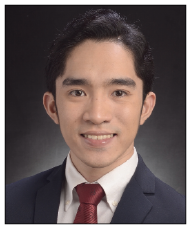
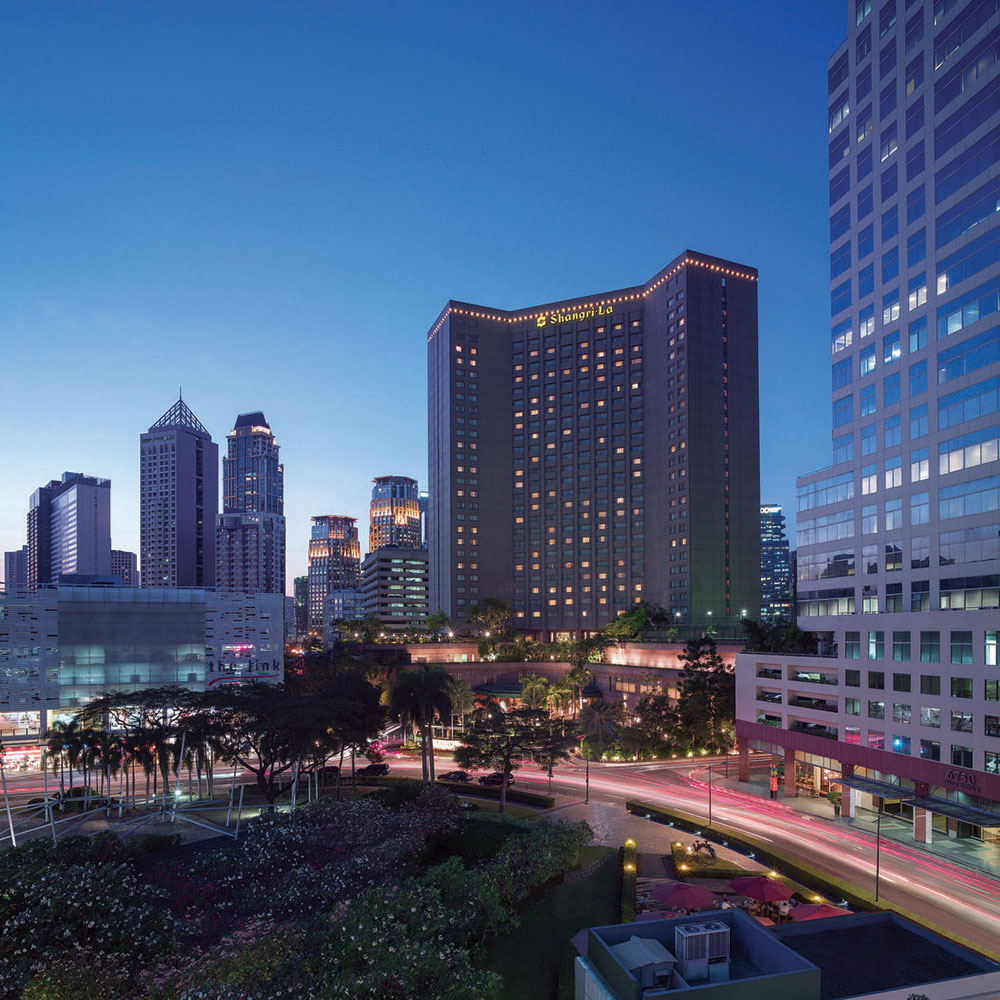



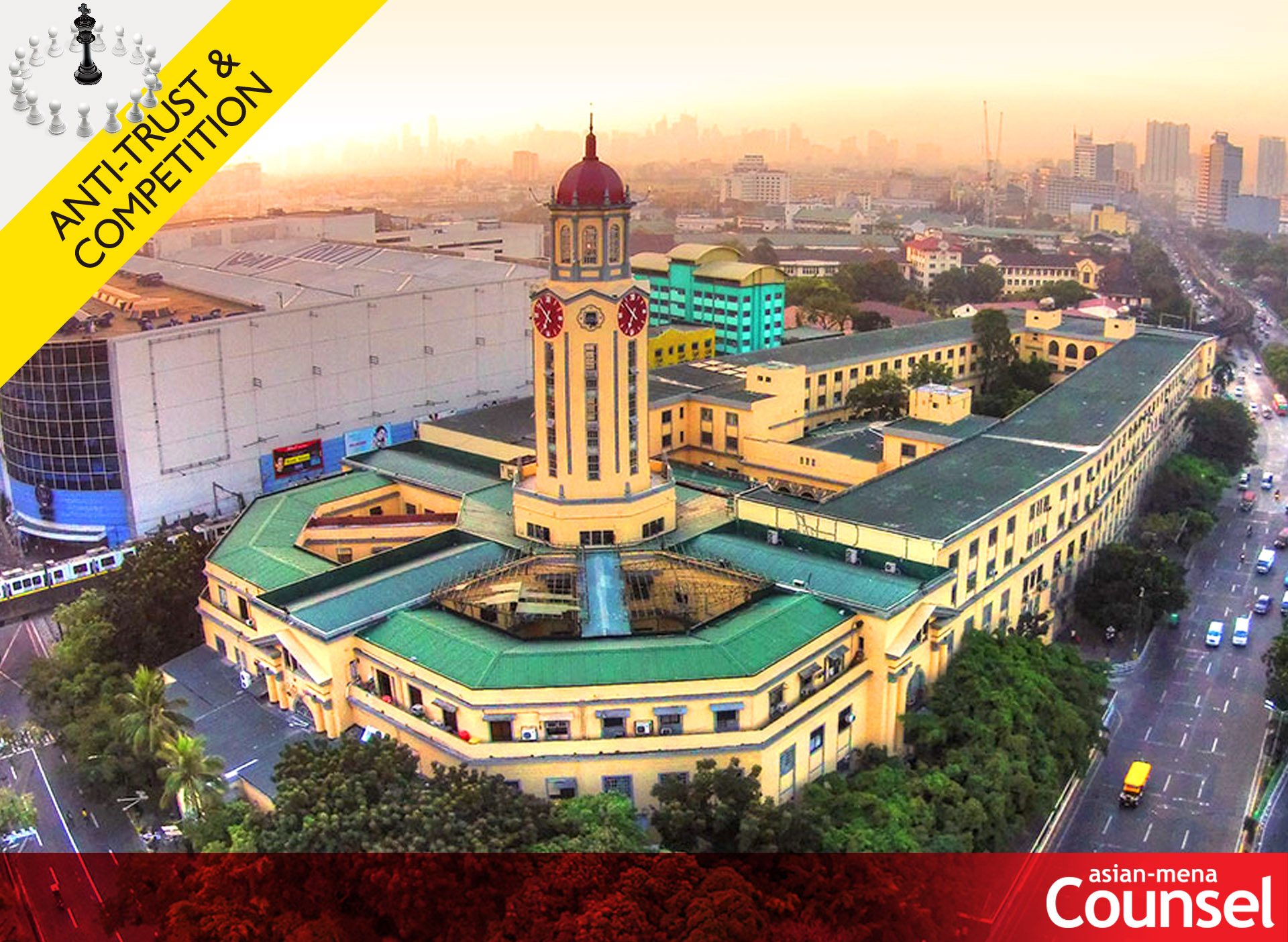











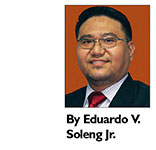
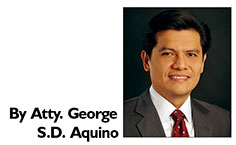

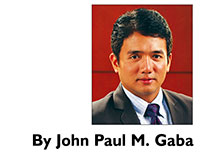
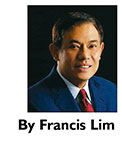




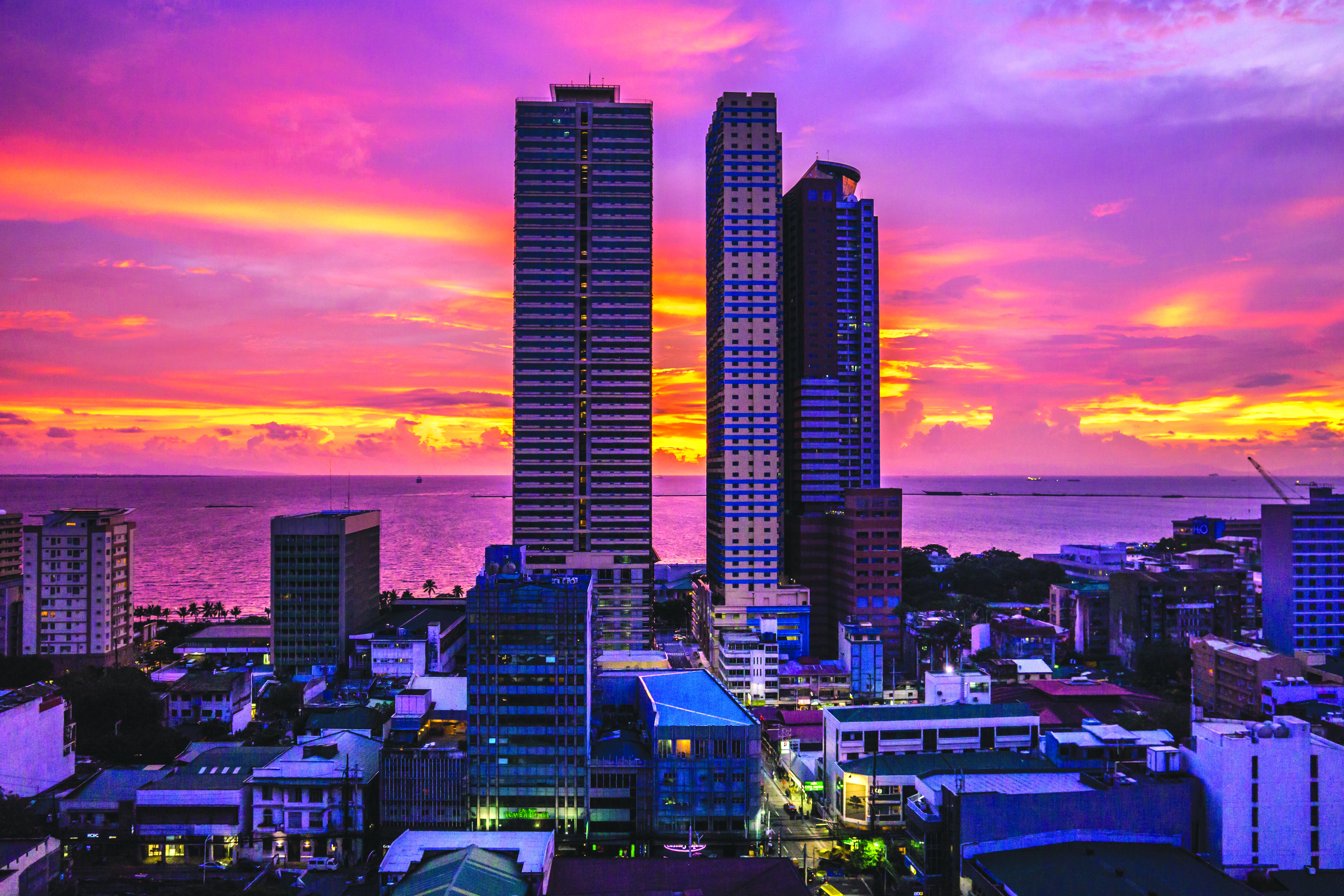


 Angara Abello Concepcion Regala & Cruz Law Offices (ACCRALAW)
Angara Abello Concepcion Regala & Cruz Law Offices (ACCRALAW)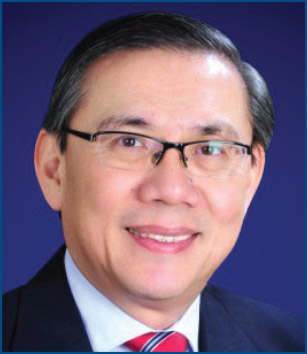 Emerico O. De Guzman
Emerico O. De Guzman




